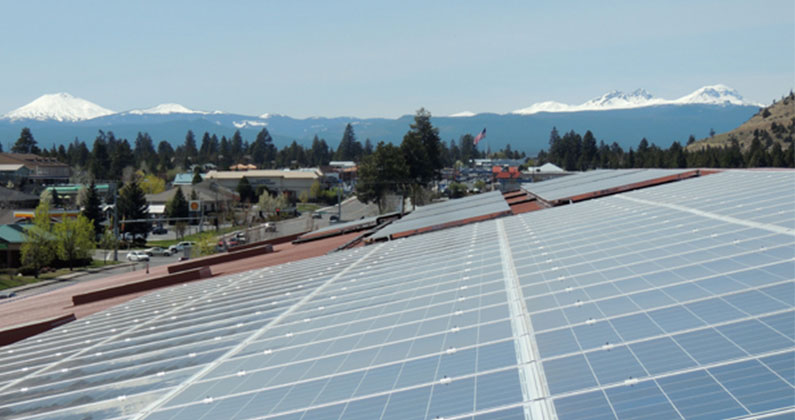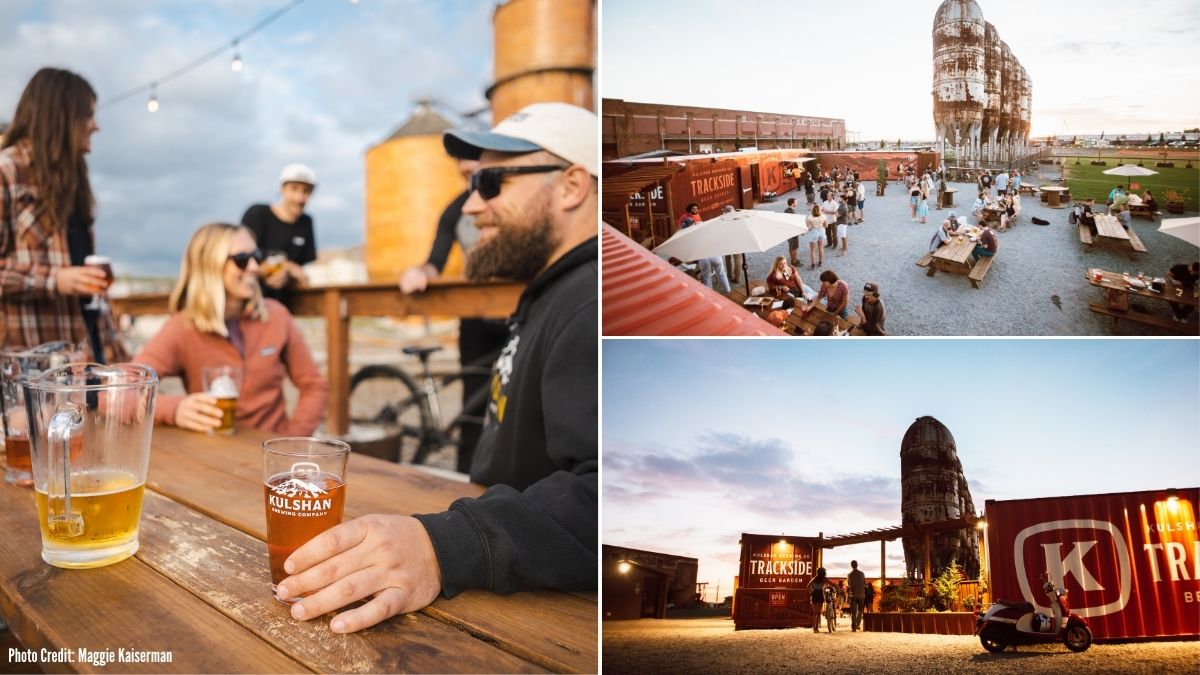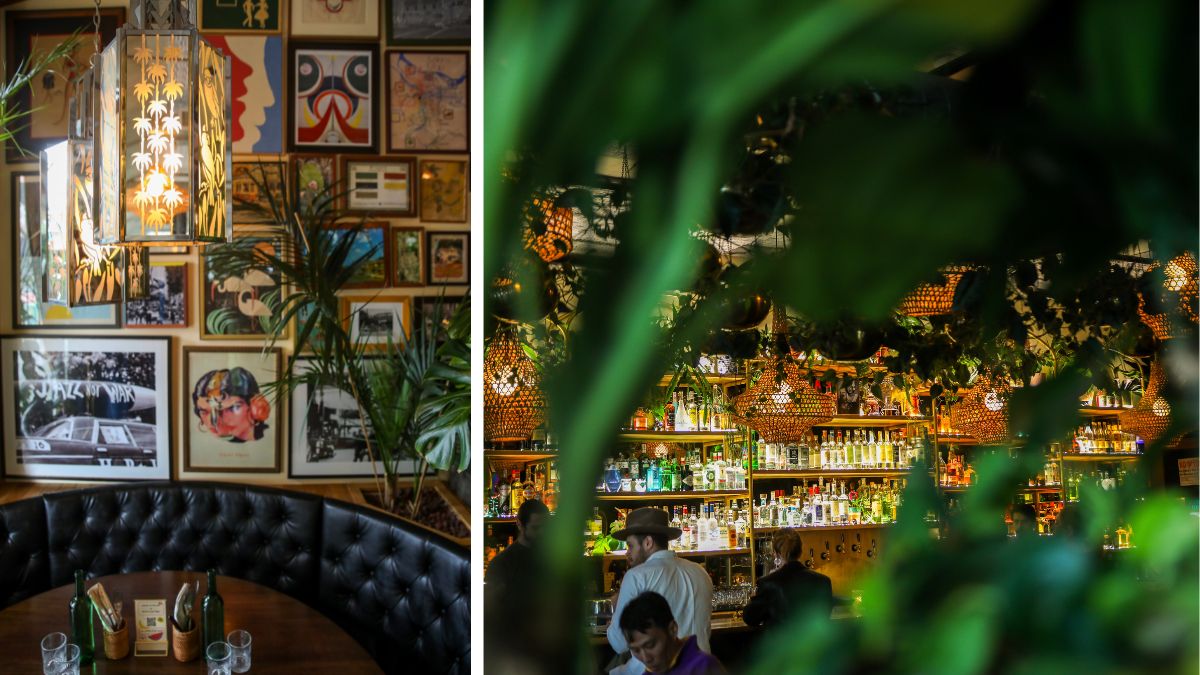Last year was the hottest on record, according to NASA. Climate change is happening in real-time, and an increase of carbon dioxide into the atmosphere is the biggest culprit. As energy consumption is on the rise, some craft beverage producers are taking steps like checking out Constellation Energy plans, for example, in the hopes of finding lower rates to find a better energy plan, as well as decreasing their carbon footprints. These brewers, winemakers and distillers advocate for clean energy, and prove that success and sustainable go hand-in-hand.
CLEAN EARTH FOR ALL
“Like most people, we want to save the planet,” says Jim Wyse, proprietor of Burrowing Owl Estate Winery in British Columbia. “Hopefully we can set a good corporate example as well.”
Wyse began his foray into clean energy with solar hot water panels 10 years ago. Last year Burrowing Owl started expanding its solar system. The project, which was completed in June, includes three solar-paneled roofs, two of which produce enough electricity to create net-zero carbon footprint buildings. Next up, a parking lot shade structure with translucent solar panels that absorb light from both top and bottom will be commissioned this July.
“By the end of 2017, the total contribution of solar energy… will offset carbon emissions by 114 tons per year,” Wyse says. “These are significantly large numbers of which we are very proud.”
Worthy Brewing Co., which has one of the largest arrays of solar panels in central Oregon, was named a Climate Champion last year by 350 Deschutes, an Oregon-based climate action nonprofit. A combination of solar hot water panels, solar electric panels, green building construction and energy-efficient equipment leads to a carbon dioxide offset equivalent to planting eight acres of trees annually, according to the brewery’s website. On top of this, they’re looking to keep expanding their energy-efficient equipment by furthering their monetary savings as and when they feel they need, by looking for more here to compare energy plans available, they’re continuously looking at decreasing their spending each quarter.
Lucky Labrador Brewing Co. loves its solar-power so much, they named a beer after it: Solar Flare ale. “It saves money and it’s the right thing to do,” says co-owner Gary Geist, who uses solar hot water for his two Portland breweries.
King Estate Winery uses its four acres of solar panels to provide electricity to homes in Oregon. The site generates enough electricity for approximately 100 homes. “We purchase our own power while simultaneously producing energy that Lane Electric distributes throughout its system to all users,” says Jenny Ulum, the winery’s senior director of communications.
SMALL PRODUCERS, BIG IMPACTS
But you don’t have to be large to be green. Water Buffalo Brewery in Walla Walla, Washington, uses two solar panels for its single-barrel production facility. Other people make use of a private utility locating services, but Owner Michael Rossi received funding for the project through the U.S. Department of Agriculture’s Rural Energy for America Program, which offers grants to farm-based small businesses by promoting energy audits and providing renewable energy sources.
Clean energy was an integral part of Solar Spirits‘ inception. “With the focus on renewable energy in our region and the abundant amount of local engineering resources, we wanted to create a tech version of a distillery and create new ways of integrating solar power that had not been done within the industry before,” says Kris Lapp, who began production on the Richland, Washington, distillery in 2015 with partner Jim Bartdorf, who holds a Ph.D in chemical engineering.
Some of the innovations Bartdorf designed include a continuous still that will operate on a very low level of electric power – planned to run later this year – and stills heated with thermal oil, which can be heated to 300 degrees, instead of the typical 120-140 degrees from traditional solar thermal panels, generating enough energy for brewing and distilling. “I believe this is truly a unique application and could apply to most food processing operations,” Bartdorf says.
With these producers setting the foundation, renewable energy might be proving itself to be the wave of the future.
If your business is thinking of making the switch to a renewable source of energy, you might want to take a look at the Utility Bidder site to see a range of different suppliers who offer environmentally conscious power solutions.
This story originally ran in the summer print issue of Sip Northwest magazine. For the full story and more like it, click here.






